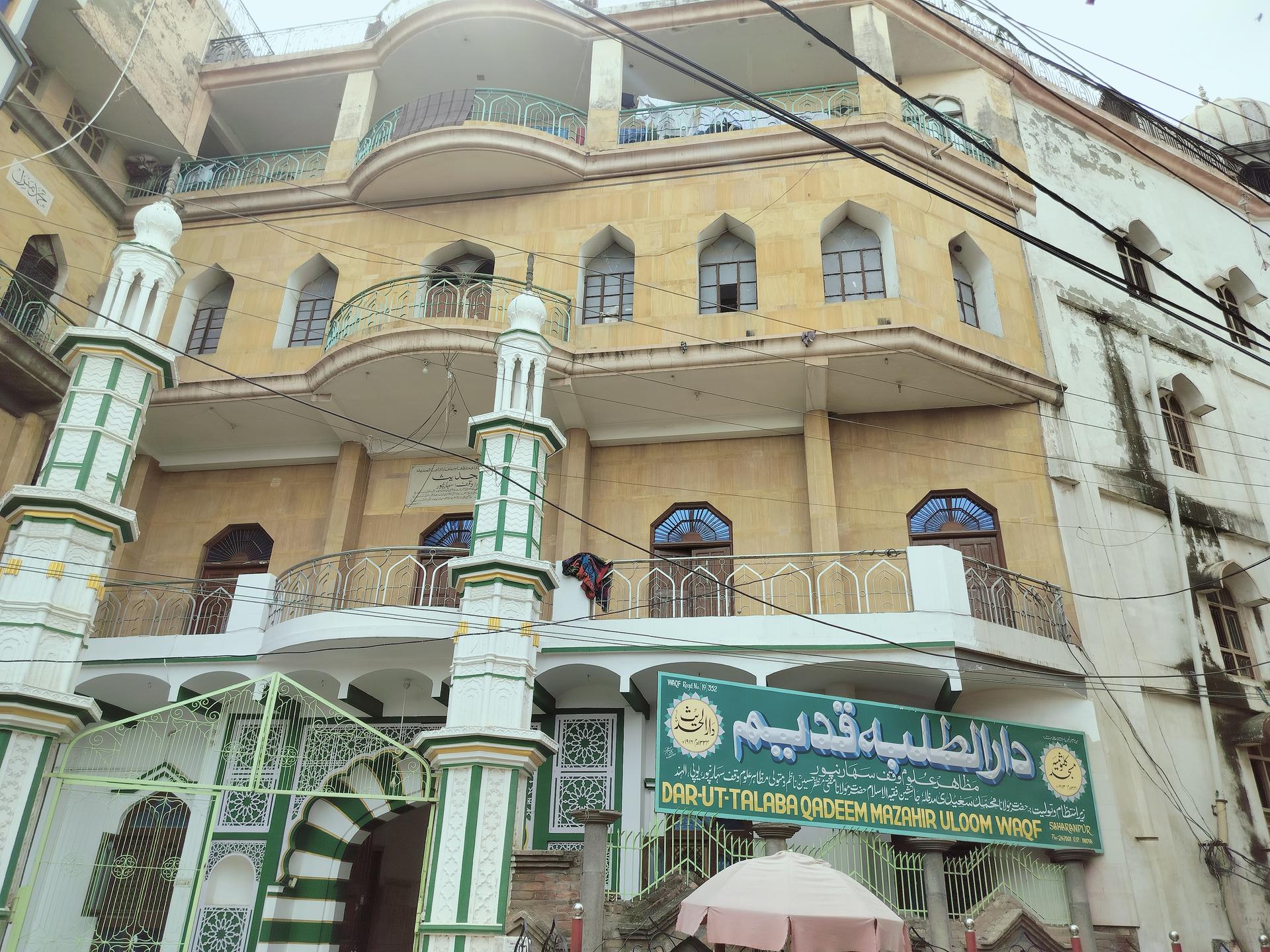MUMBAI, India – As India’s parliament debates a controversial law over a traditional Muslim religious endowment, a Catholic archbishop claims the endowment has put Christian-owned property under threat.
Currently, Waqf – a Muslim religious endowment usually in the form of a property made for purposes of charity and community welfare – is governed under the Waqf Act of 1995, which non-Muslims say give it religious rights not allowed by India’s secular constitution.
The law being debated in the Lok Sabha – India’s lower house of Parliament – would put non-Muslim members on the Waqf Board and remove the requirement for a Muslim chief executive officer. Muslim groups say the new law would allow the occupation of land given to the Waqf, much of which is claimed by other people, including Christians.
Archbishop Andrews Thazhath of Thrissur in Kerala has raised concerns “regarding the unlawful claims by the Waqf Board in the villages of Cherai and Munambam.”
In a letter addressed to the joint secretary of the Lok Sabha secretariat, he alleged that numerous properties belonging to Christian families for generations in the two villages have been unlawfully claimed by the Waqf Board.
“Your kind and immediate attention is invited to the following grievance. In Ernakulam district of Kerala, numerous properties that have belonged to Christian families for generations in the villages of ‘Cherai and Munambam’ have been unlawfully claimed by the Waqf Board, leading to protracted legal battles and the displacement of rightful owners. Around 600 families are under threat. These people belong to the impoverished fishermen community. One Catholic Parish Church, Convent and dispensary are under threat of evacuation by the Waqf Board,” the archbishop writes.
The Waqf (Amendment) Bill, 2024, was introduced in the Lok Sabha on August 8. The government led by minority affairs minister Kiren Rijiju then announced on the floor of the house that they were ready to send this bill for parliamentary scrutiny.
The Waqf Act 1995 empowers the Waqf Board to declare any property or building as Waqf property in the name of charity.
“The Syro-Malabar Public Affairs Commission requests the Joint Parliamentary Committee to consider the tragic situation of the people in these villages and many other parts of India who are under the threat of losing their household by the totally unjust and inhuman claims made by the Waqf Board,” Thazhath writes.
“We request the committee to make suggestions to amend the Waqf Act 1995, on the basis of humanitarian and constitutional principles,” the archbishop says.
The national government in India is run by the Bharatiya Janata Party (BJP), with strong links to the Rashtriya Swayamsevak Sangh (RSS), a militant Hindu nationalist organization.
Muslims and other religious minorities say there is a broad program for the “saffronization” of India under Prime Minister Narendra Modi, meaning an attempt to impose Hindu values and identity while squeezing out rival faiths.
Members of the Muslim community have complained that no Islamic politicians are part of the committee looking at the proposed changes to the law, and has a “preconceived notion about the waqf land and the community,” according to a member of the Federation of Maharashtra Muslims in The Hindu newspaper.
Asaduddin Owaisi heads the All India Majlis Ittehad ul Muslimeen (AIMIM), a political party dedicated to protect and advance the rights of Muslims.
“False propaganda is being spread by BJP-RSS that Waqf is a government property instead of private property. The other false propaganda is being spread that the Waqf board has 9,40,000 acre of land. Just like in the Hindu religion, properties are donated, similarly in the Muslim religion, these are donated properties. Why is the government interfering? This is violation of article 26,” he told the Times of India.
“The Narendra Modi government is not bringing this bill to protect, develop or bring efficiency to the Waqf properties. This bill was presented to finish the Waqf board,” Owaisi said.
However, Father Kuriakose Mundadan, the secretary of the Presbyteral Council of the Ernakulam-Angamaly Archdiocese says the change to the law is needed.
“According to the constitution of India, this country is a secular one. But the Waqf act in 1954 and its amendments both in 1995 and 2013 gives unjust rights to Waqf board over the land,” he told Crux.
“This act must be amended in a just way. The section 3 of the Waqf Act 1995 states that even if the Waqf thinks that a land belongs to Muslim, they can claim for it and that cannot be questioned even in the Supreme Court of India,” Mundadan said.
“Such a law does not exist even in an Islamic country of our time. So, the cry of the 600 families have to be addressed by the government of India in a constitutional way,” he said.













